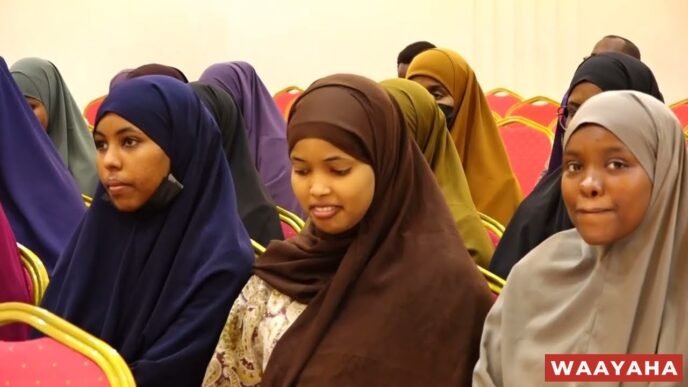Somalia’s livestock sector has long been a cornerstone of its economy and cultural identity. With a significant portion of the population engaged in pastoralism, the country’s vast rangelands have sustained generations of nomadic herders. However, recent challenges such as drought and conflict have threatened this vital industry, prompting the government to take action.
In a recent gathering, Somalia’s Minister of Agriculture emphasized the importance of establishing local markets for the country’s livestock products. The aim is to reduce reliance on exporting live animals and instead focus on value-added meat production within the country’s borders.
“Our livestock sector contributes significantly to our GDP,” the minister stated. “Each year, the amount consumed domestically is nearly equal to the number of animals exported live.” By processing meat locally, Somalia can create numerous employment opportunities and capture a larger share of the value chain.
The minister’s vision aligns with the “One Health” approach, which recognizes the interconnectedness of human, animal, and environmental health. Ensuring the well-being of livestock through proper nutrition and veterinary care is crucial for both the animals and the communities that depend on them.
Transitioning from exporting live animals to producing meat for domestic and international markets presents exciting prospects for Somalia. Not only does it offer economic diversification and job creation, but it also promotes food security and self-sufficiency within the country.
As the discussions unfold, stakeholders are optimistic that tangible solutions will emerge, benefiting both the Somali people and their cherished livestock heritage. By capitalizing on its natural resources and embracing value-added industries, Somalia can pave the way for a prosperous and sustainable future.











